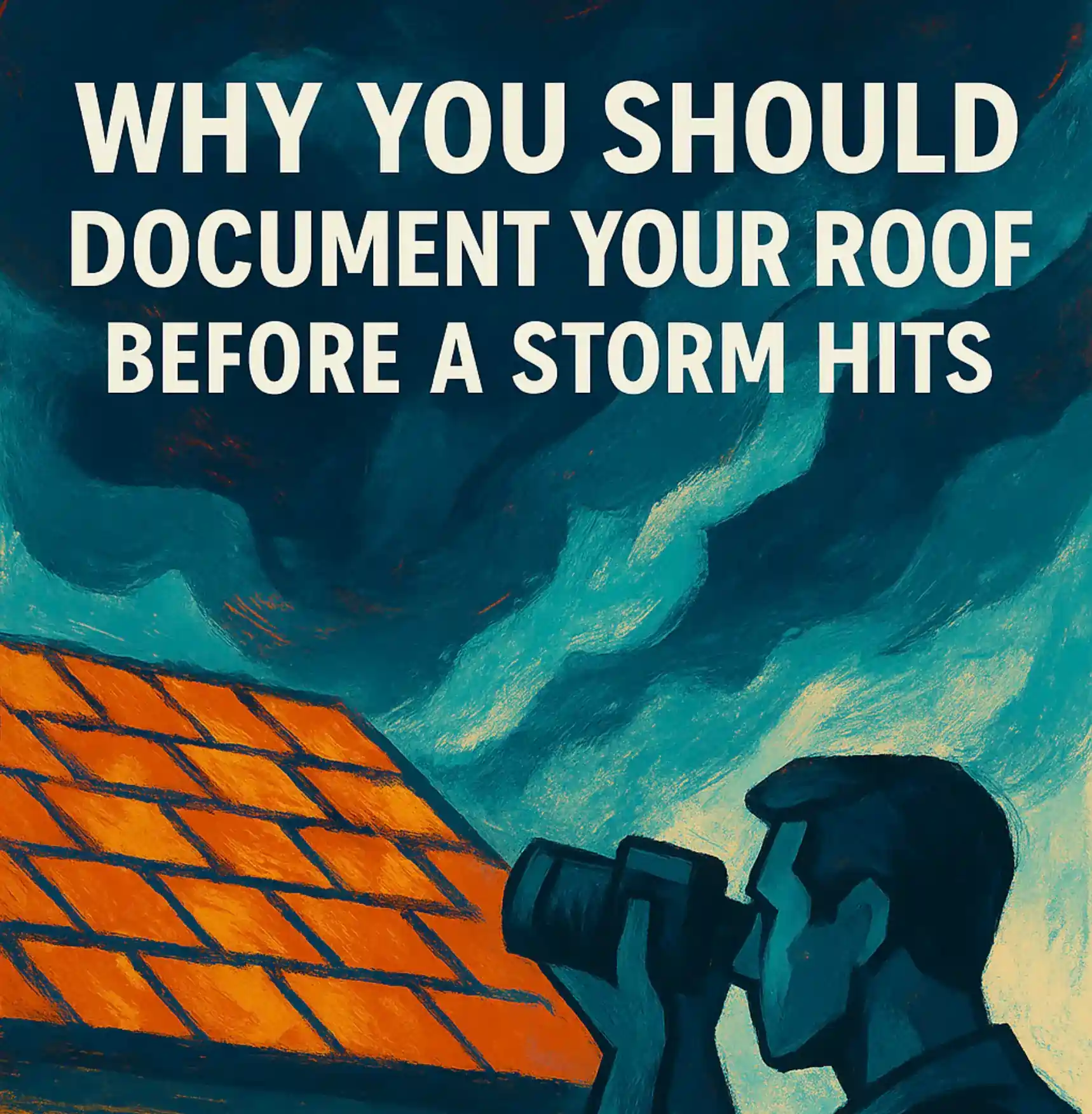5 Key Questions to Ask Your Sarasota Roofing Contractor
Hiring a Sarasota roofing contractor can feel overwhelming—especially if you’re not familiar with roofing terms or red flags. Whether you’re dealing with a roof leak or a full roof replacement, knowing which questions to ask can save you time, money, and future stress. Use this list as your guide to make a smart, informed decision and avoid contractors who only meet minimum standards.
1. Do You Have References I Can Contact or Projects I Can See?
Reliable contractors should have a portfolio of completed work or at least several references who can speak to their professionalism and quality. Ask for a few addresses of homes they’ve worked on in the area, especially if they’ve done work in Sarasota neighborhoods. If in-person visits aren’t practical, look for before-and-after photos or online reviews on platforms like Google or Yelp.
2. What Kind of Warranty Do You Offer?
Most professional roofing jobs include two warranties: one from the manufacturer for materials and one from the contractor for workmanship. Ask for both in writing. Quality contractors like SonShine Roofing will go over these with you in detail. Also, ask whether improper installation or mixing products from different brands could void your warranty—something that’s often overlooked but critically important.
3. How Long Have You Been in Business?
While years in business isn’t everything, it’s often a strong indicator of experience and community trust. A contractor who’s been around for decades has likely built a reputation they’re proud of. SonShine Roofing, for example, brings over 38 years of roofing expertise to Sarasota, Manatee, and Charlotte Counties.
4. Do I Need a Full Roof Replacement or Just a Repair?
This is where you separate the honest roofers from the sales-driven ones. An experienced roofing contractor should inspect your roof thoroughly and explain whether a simple roof repair will suffice or if you need a full roof replacement. Many roof leaks are localized and can be fixed without replacing the entire structure—saving you thousands of dollars.
5. Do You Carry Worker’s Compensation Insurance?
This question is crucial. If your contractor doesn’t carry proper insurance, you could be held liable for any injuries sustained on your property. Ask for proof of worker’s compensation and general liability insurance. Any reputable contractor will be happy to provide it. This also applies to any subcontractors they may hire.
Bonus Tip: Join the Roof Care Club
Want long-term peace of mind? Join the Roof Care Club to receive annual roof inspections, priority service after storms, exclusive discounts, and more. It’s the best way to keep your roof—and your budget—in top shape.
At SonShine Roofing, we believe in empowering homeowners to make smart roofing decisions. Contact us today for a free consultation, and let us help you protect your biggest investment—your home.













